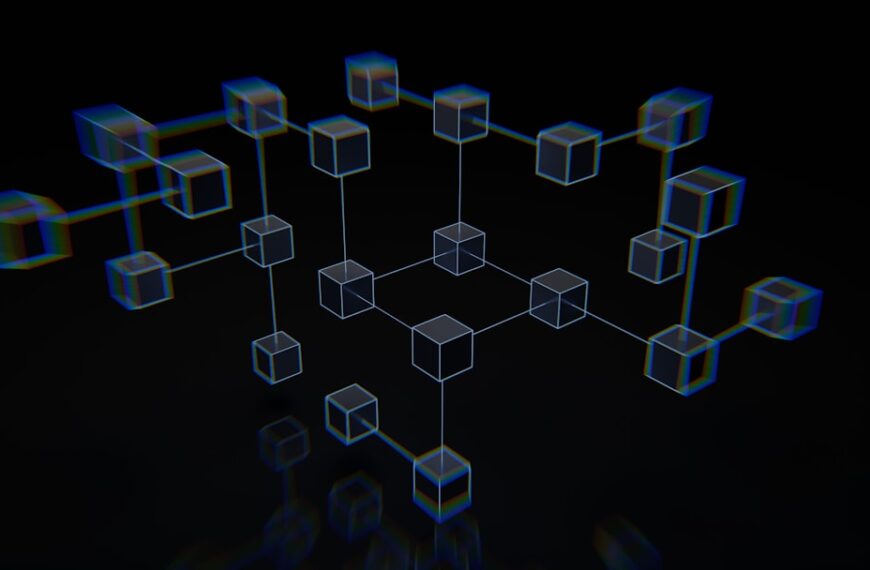The internet, in its current form, has undeniably revolutionized communication and collaboration. Yet, it remains largely a collection of individual experiences, a series of islands connected by digital bridges. The true potential of interconnected minds, a collective consciousness fueled by shared knowledge and collaborative creativity, remains largely untapped. This is where the metaverse steps in, offering a tantalizing glimpse into a future where “Unleashing Collective Genius” is not just a catchy phrase, but a tangible reality.
Imagine a space where researchers from different disciplines can seamlessly collaborate on complex projects, sharing data, models, and ideas in real-time within immersive, interactive environments. Picture artists, musicians, and designers co-creating breathtaking works of art, instantly sharing inspiration and feedback in a shared digital canvas. Envision educators facilitating global classrooms, fostering dynamic learning experiences that transcend geographical boundaries and traditional teaching methods.
The metaverse, with its potential for persistent shared spaces and advanced interaction technologies, presents the opportunity to build precisely these kinds of collaborative ecosystems. No longer limited by physical constraints or the limitations of traditional communication tools, individuals can contribute their unique perspectives and skills to a collective endeavor, resulting in innovations and breakthroughs far exceeding the sum of their individual parts.
However, the journey towards this utopian vision requires careful consideration. Issues surrounding data privacy, intellectual property rights, and equitable access must be addressed proactively to ensure the metaverse becomes a truly inclusive and beneficial space for all. Furthermore, the development of intuitive and accessible interfaces is crucial, ensuring that participation is not limited by technical expertise.
The successful realization of a metaverse of minds hinges upon the development of robust, secure, and user-friendly platforms. These platforms need to seamlessly integrate different tools and technologies, fostering a sense of community and facilitating meaningful interactions. Crucially, they must encourage diverse participation, celebrating the unique strengths of each individual and harnessing the power of collective intelligence.
The potential benefits are immense. From accelerating scientific discovery to fostering artistic expression to revolutionizing education, the metaverse promises to unlock a new era of human potential. By embracing the opportunities presented by this emerging technology, and by proactively addressing the associated challenges, we can unlock the collective genius within us all and usher in a future of unprecedented innovation and collaboration. The future is not just connected; it’s collaborative. And it’s closer than we think.














